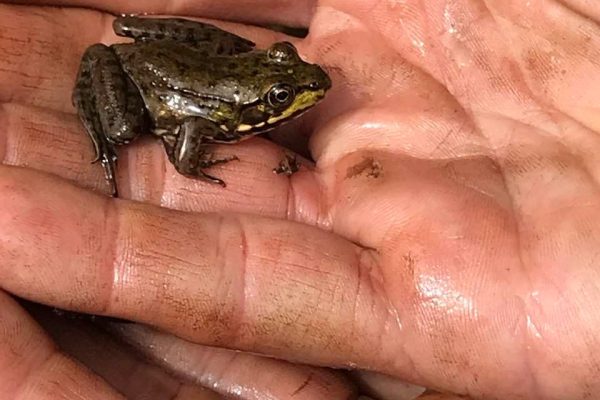Why is this night different from all other nights?
On this night, we gather together to prepare for Passover, outside of our kitchens, in a way our foremothers could have never imagined.
On this night we join as a community to rid ourselves of a different kind of hametz.
What do we cleanse ourselves of tonight?
The exhaustion of cleaning and cooking.
The echo of exclusionary language.
The weight of history.
The fear of women’s voices.
The silencing of women’s stories.
The violence done to women’s bodies.
The pressure to conform to one image of who Jewish women are supposed to be.
The lingering belief that this tradition doesn’t belong to women.
Let us gather all this together like crumbs. Like hametz we are ready to burn. Let us enter into this seder as if there were no more hametz anywhere.
As if God had forever delighted in the image of Herself in each and every one of us.
As if freedom had been ours always, fully, like an open sea.
Kol chamira vchami’a
Every sort of hametz
Libateil v’lehevei hefkeir k’afra d’ara
Let it be null and void, ownerless, like the dust of the earth.
The Journey Continues: The Ma’yan Haggadah can be purchased for $12 + $4 s/h by emailing Ma’yan, infomayan@mayan.org.
From The Journey Continues: The Ma’yan Haggadah (Ma’yan, 2000)










